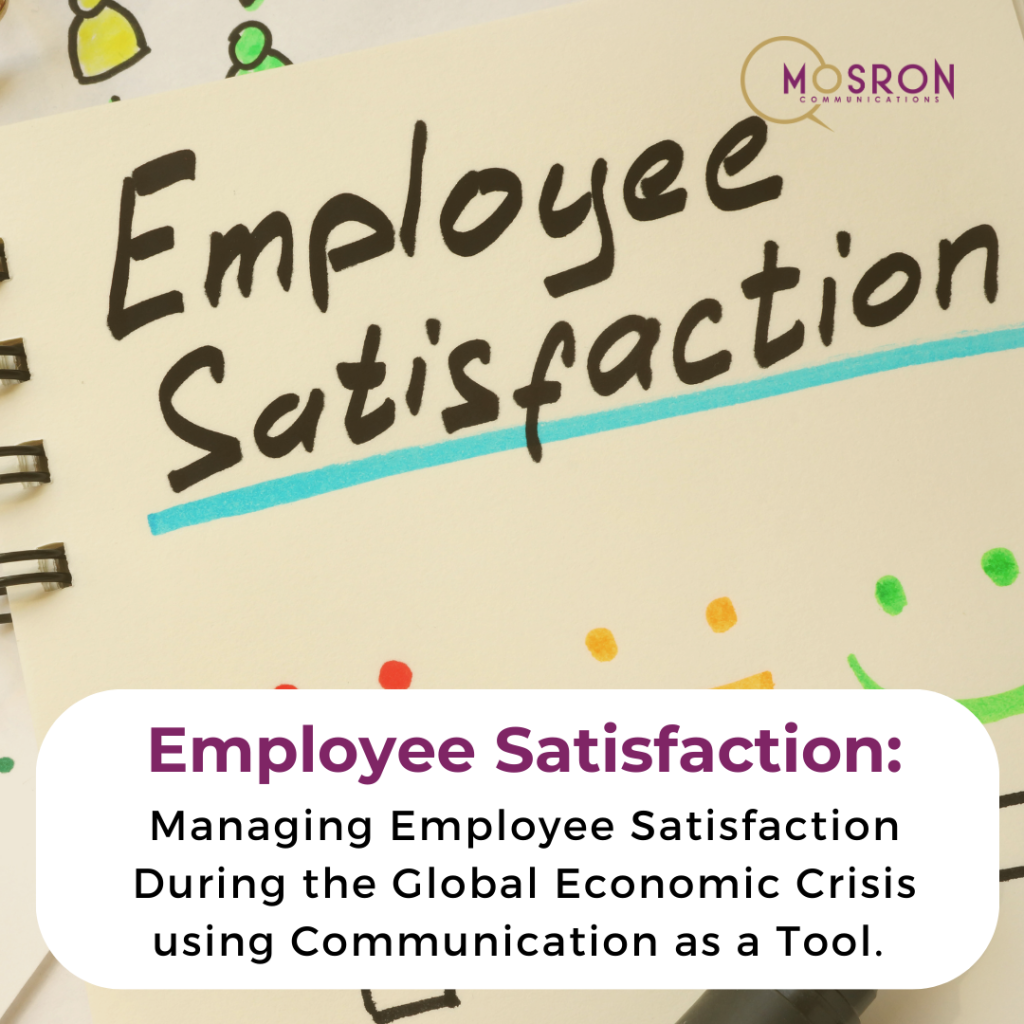Crude oil exploration and exportation has propped up the Nigerian economy for well over 60 years. The advancement in the oil industry played a significant role in growing other sectors in Nigeria including telecommunications, transportation, shipping, and manufacturing ensuring that wealth creation and growth were sustained. However, the nation has recently experienced a population explosion that has stretched the covering of this “oil wealth”. This is made evident in the rising indexes of unemployment as the number of jobs created has been insufficient for the number of graduates churned out from higher institutions seasonally.
Another indicator in the steady decline of the economy is the increase in the cost of living. The rising cost of food prices and transportation has bitten into the salaries of the working class, such that it is no longer possible to do as much with their salaries as it previously was. As the standard of life continues to reduce for your employees, there is an impact on the satisfaction they feel while on the job. The excitement for which they had previously faced their roles dwindles.
Employee satisfaction is a measure of how content workers within an organisation feel about their roles. It significantly impacts how employees perform their tasks, their interactions with the organisation\’s customers, and their relationships with their managers.
The element of dissatisfaction with work while on the job due to stress and other external factors such as cost of living leads to poor performance of employees. As salaries do not provide the standard of life they are used to, employees\’ attention would be divided between the business goals and how to manage personal life crises.
In the midst of the economic challenges, businesses struggle to increase and even maintain profit levels as lower purchasing power for the public means lower revenue generation for the companies hence routes that involve increasing the cost of labour might prove impossible for most businesses.
One significant use of internal communications in the modern workplace is to establish a top to bottom communication model where all employees are made aware of management goals and decisions pertaining sensitive and non-sensitive issues. When your employee’s salary can no longer provide them with the standard of life that they got when they accepted the role, that classifies as a sensitive situation that should be addressed with communication. Here management can communicate an understanding of the situation, show empathy and help employees access other benefits attached to their role.
“Employees who believe that management is concerned about them as a whole person – not just an employee – are more productive, more satisfied, more fulfilled. Satisfied employees mean satisfied customers, which leads to profitability.”
In addition to showing empathy, employers can use structured internal communication to communicate the organisation’s plans for growth and the part their employees can play to ensure this growth. When employees are able to see the organisation\’s growth path in clear terms, they are provided the opportunity to personalise these goals and attach their career goals to it. An employee attaching the company’s growth to their personal growth would guarantee increased engagement while carrying out their duties. The term “one big family” popularly used by companies to drive oneness among employees can be realised when a strong internal communication practice is established.
Another way communications can be used during fundraising periods is to drive initiatives. SDG and ESG initiatives are modern business tools used by employees to engage investors and the general public. To carry out an SDG initiative, businesses conduct brand assessments and identify what values fit their business goals in the long term. Employees play an important role in driving these initiatives, they are often the brain behind ideating the activities involved and the labour required to carry out these activities. It is however impossible to get your employees involved when they do not understand these values or how they affect the work they do.
When organisations put avenues in place to educate their employees on brand values, social initiatives and how this pertains to their everyday work, the results are employees who are aware of these brand values and they reflect this in their daily work. A great way to build organisational culture! What this also guarantees are employees are able to carry out the activity associated with these initiatives with an awareness of the values driving them. This ensures that the initiatives are carried out in the best possible way.
Communication takes this a step further when employee driven initiatives are launched. These initiatives are backed by an understanding of the company’s values and hence provides an avenue for organisation to further drive brand identity amongst their audience.
Lastly, building employee loyalty is essential to ensuring that your employees stay around and work effectively. A part of your internal communications practice should include recognizing special efforts as this is the top driver of loyalty among employees in an organisation.
Employees are the driving force of every organisation. Ensuring that they are valued, carried along and thought after are ways organisations can drive loyalty, boost morale and ensure productivity.
#MosronCommunications
#PublicRelationsConsultants
#PartnersNotVendors
#B2BCommunications

